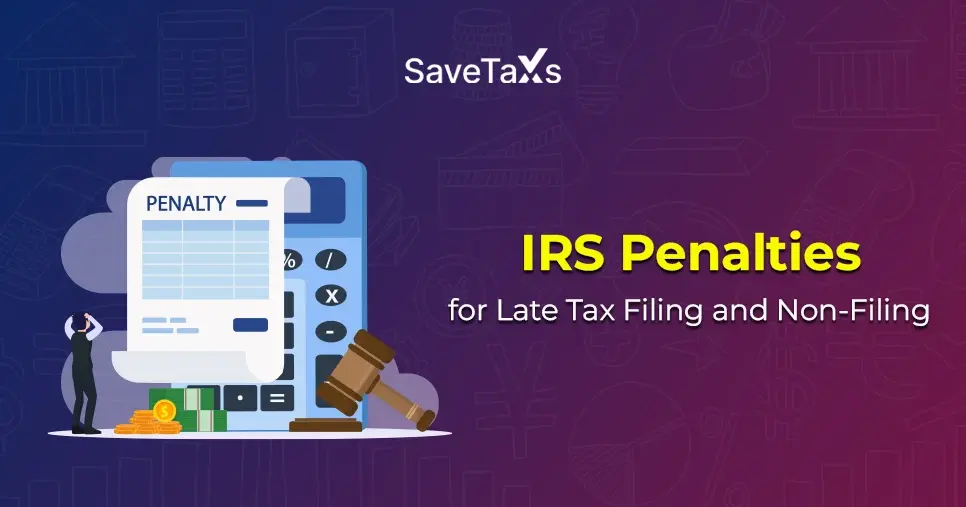For every taxpayer in India, whether it is an Indian resident or a non-resident Indian (NRI), the start of the financial year is vital as it is the time when an individual has to file taxes and fulfill their tax duties. Every salaried person, business owner, or professional in India searches for different ways to decrease their tax burden legally. Considering this, the Income Tax Department of the country provides several tax-saving options through investment incentives, deductions, and exemptions to both Indian residents and NRIs. Are you also seeking different tips for how to save tax in India? If yes, then you are on the right destination. In this blog, we have mentioned some income tax saving tips. So read on and know about them.
Tips to Save Income Tax in India
When it comes to "how to save tax in India," the first thing that comes to mind is doing proper tax planning. Whether you agree or not, it is one of the most efficient ways to save your taxes on your earned income in a particular financial year. Considering the tax burden of the taxpayer, the Income Tax Department, under the Income Tax Act, 1961, provides several tax savings schemes, expenditures, and investments that are eligible for tax deductions in India, and decrease the tax burden of the taxpayer. Want to know what they are? Read the next section and get your answers.
Options of Investment Under Section 80C for Both Indians and NRIs
Section 80C of the Income Tax Act is one of the most important tax-saving options available for Indian residents and NRIs in India. Under this section, you get several options of investment and expenses which are eligible to claim a deduction under the Income Tax Act with a maximum limit of INR 1,50,000 in an accounting year. This section of the Income Tax Act aims to encourage investments and savings of the taxpayer by exempting tax on interest paid or credited on money taken for lending to an individual in India. Moving ahead, let's know the investment options available to save tax in India under Section 80C of the Income Tax Act.
- Public Provident Fund (PPF): One of the best options when it comes to mind on "how to save tax in India" is investing in Public Provident Fund (PPF), as under section 80C of the Income Tax Act, it offers up to INR 1,50,000 tax deduction in a fiscal year. It is a government scheme that most of the Indian banks and post offices offer to individuals. Additionally, the PPF account comes with a 15-year lock-in period. However, this tax-saving scheme is not available for NRIs, but if they have a PFF account before they become an NRI, they can maintain it till its maturity date.
- Tax-Saver Fixed Deposit (FD): Tax savings are also another best option available for both resident Indians and NRIs to save taxes in India. To get a tax deduction of INR 1,50,000, you can invest in this 5-year tax saver FD. On both domestic and NRO fixed deposits, interest is taxable. Considering this, this tax saving scheme has a fixed interest rate, which is at present between 7 to 8% applicable on both NRIs and Indian residents.
- Equity Linked Savings Scheme (ELSS): Equity Linked Savings Scheme for taxpayers is also a good option to claim tax deduction in India. The scheme is an equity-oriented mutual fund that requires you to invest at least 80% of your assets in equity. Both Indian residents and NRIs are eligible to invest their money in this scheme to reduce their tax liability in India. Additionally, returns on these schemes are subject to 10% long-term capital gain (LTCG). Furthermore, the maximum tax deduction available under this scheme in a fiscal year is INR 1,50,000. Also, under section 80C of the Income Tax Act, the tax exemptions available on this scheme are the same for both NRIs and Indian residents.
- National Savings Certificate (NSC): National Savings Certificate is a fixed scheme and provides many tax benefits to Indian residents. The interest rate on this scheme is currently 6.8% yearly. Under section 80C, Indian residents can get tax benefits under this scheme. Like PPF, the NSC scheme is also not available for NRIs. However, if they already have an account before they become NRI, they can continue with this scheme on a non-repatriable basis till its maturity.
- LIC Premiums: Do you know that, on your life insurance premium, you can claim up to INR 1,50,000 tax deduction in India, no matter what your residential status is (Indian residents or NRI)? Under section 80C of the Income Tax Act, premiums of a maximum of INR 1,50,000 for self, spouse, or children are eligible for tax deduction in India. It includes different insurance policies such as term insurance, ULIPs, and endowment policies.
- Employment Provident Fund (EPF): Employment Provident Fund is a retirement benefit scheme, specifically available for salaried employees in India. Under this scheme, 12% of the dearness allowance (DA) and basic salary of the employee is deducted by the employer. Further, the deducted amount is then transferred to the provident fund schemes of the government. It is one of the popular tax savings schemes, where under section 80C of the Income Tax Act, a tax deduction is counted towards the limit of INR 1,50,000. NRIs can also get benefits from this scheme if they are a salaried employee in an Indian company.
- National Pension Scheme (NPS): The National Pension Scheme is a retirement scheme backed by the Indian government. It provides a tax deduction of INR 1,50,000 in a fiscal year for contributions towards this scheme. Additionally, NRIs are also eligible to invest in this scheme.
- Home Loan Repayment: Those taxpayers who have taken a home loan in India, under section 80C of the Income Tax Act, can claim a tax deduction of INR 1,50,000 per annum during the repayment of the principal amount.
These are some of the investment options available under Section 80C of the Income Tax Act that help you save tax in India. Moving ahead, let's know the other tax-saving schemes in India.
Income Tax Savings Scheme Other than Section 80C
Apart from the tax deductions available under section 80C of the Income Tax Act, there are several deductions also available under section 80 that help you to save tax in India. These are as follows:
- Medical Insurance Premium: Under section 80D of the Income Tax Act, you can claim up to INR 25,000 tax deduction on your medical insurance premium. Additionally, senior citizens (individuals who are above 60 years) can claim a maximum of INR 50,000 for premiums paid on their medical insurance. Furthermore, an individual who is paying insurance for self and his/her senior citizen parents can claim a combined tax deduction of INR 75,0000 yearly. Here, the limit also involves the expenses of up to INR 5000 spent on preventive health checkups of a person.
- Income Through NRE Account Interest: Non-resident Indians can deposit their foreign income in their NRE account in India and can earn interest. The interest earned on the fixed deposits and NRE savings accounts is free from all taxes in India. Therefore, through an NRE account, NRIs can decrease their tax liability on income received in India.
- Interest Paid on Home Loan: Under section 24 of the Income Tax Act, up to INR 2,00,000 per annum interest payable on a home loan is tax-free in India. Additionally, under section 80EE of the Income Tax Act, you are also eligible to claim a tax deduction of INR 50,000 on interest on a home loan.
- Charity to Notified Organizations: Amount donated to relief funds, charity, or some government-approved institutions can be claimed as a tax deduction while filing the ITR. The tax deduction limit available on the donated amount is 50% and can be increased up to 10% of your gross income. However, cash donations made above Rs 2000 are invalid for tax deductions.
- Children's Tuition Fees: If you are paying the school, college, university, or another full-time education programe fee for your children as a parent, you can claim for tax deduction. Additionally, if you have taken an education loan for the studies of your children, under section 80E of the Income Tax Act, you can claim a tax deduction for the interest payments. It is available for both Indian residents and NRIs. However, in this section, you can claim tax deductions for your two children only.
- House Rent Allowance: Under section 10 (13A) of the Income Tax Act, 1961, if you are living in a rented property in India, you can claim tax benefits. These tax exemptions are available to both Indian residents and NRIs who get HRA as a part of their salary income in the country. However, if HRA is not provided by the employer under section 80GG of the Income Tax Act, you can claim rent deductions on your paid rent while filing the ITR.
These are some of the other ways by which NRIs and Indian residents can save taxes and decrease their tax liability in India. Moving further, let's know about the double taxation avoidance agreement (DTAA).
What Is a Double Taxation Avoidance Agreement (DTAA)?
A Double Taxation Avoidance Agreement (DTAA) is a contract that governments of two countries sign with each other to avoid double taxation on the same income of the individual that is taxable in both nations. As per this agreement, a taxpayer on their earned income is eligible to pay tax in one country. Depending on the agreement between the two countries, NRIs can claim tax credits or exemptions. It is also beneficial for Indian residents who earn income from foreign sources. However, to get the DTAA benefits, both countries must sign the agreement with each other.
This was all about the DTAA agreement and how it helps NRIs and Indian residents in saving taxes in India. Moving ahead, let's know the different incomes that are exempted from tax for NRIs in India.
Different Incomes Tax Exempted for NRIs in India
Here is the list of incomes that are exempted from tax for NRIs in India:
- Interest on FCNR and NRE Accounts: Interest earned by NRIs on their Foreign Currency Non-Resident (FCNR) and Non-Resident External (NRE) accounts is tax-free in India.
- Long-Term Capital Gains (LTCG): Long-term capital gains earned from equity-oriented mutual funds and equity shares more than INR 1,25,000 annually are taxed at 12% below that is tax-free.
- Dividends from Indian Companies: Dividends earned from shares of Indian firms and companies of NRIs are free from tax. However, on them, 20% TDS is deducted.
- Interest on Notified Bonds and Government Savings Certificates: Interest earned from specific government-issued savings certificates and bonds for NRIs is free from all taxes in India.
- Claiming Refund of Paid TDS on Capital Gains: NRIs, while filing their income tax return in India, are eligible to claim tax exemptions on capital gains, as TDS paid on these gains is refundable.
- Tax Exemptions Under Sections 54, 54EC, and 54F: On long-term capital gains, under the following sections of the Income Tax Act, NRIs can claim tax deductions:
- Section 54: Capital gains earned from house property sale and reinvested the earned amount in another house.
- Section 54F: Earned capital gain from an asset other than the sale of house property and reinvested that amount in a house.
- Section 54EC: For reinvestment of capital gains in certain bonds.
These are some of the incomes of NRIs in India that are exempt from taxes.
Final Thoughts
Tax planning is not only about saving money; it is also about making smart financial decisions that match your income goals. Here, the complete blog was about "how to save tax in India." So it is up to you whether you use investment options available under section 80C of the Income Tax Act or invest in health insurance; every decision matters. Hope after reading this blog, you get some tax savings tips. Furthermore, to learn more about the options available for legally saving taxes in India, connect with Savetaxs. We have a team of professionals who have years of experience in the tax field. They will surely provide you with the best tax savings options and help you in decreasing your tax burden.
Note: This guide is for informational purposes only. The views expressed in this guide are personal and do not constitute the views of Savetaxs. Savetaxs or the author will not be responsible for any direct or indirect loss incurred by the reader for taking any decision based on the information or the contents. It is advisable to consult with either a Chartered Accountant (CA) or a professional Company Secretary (CS) from the Savetaxs team, as they are familiar with the current regulations and help you make accurate decisions and maintain accuracy throughout the whole process.

Mr Manish is a financial professional with over 10 years of experience in strategic financial planning, performance analysis, and compliance across different sectors, including Agriculture, Pharma, Manufacturing, & Oil and Gas. Mr Prajapati has a knack for managing financial accounts, driving business growth by optimizing cost efficiency and regulatory compliance. Additionally, he has expertise in developing financial models, preparing detailed cash flow statements, and closing the balance sheets.
- What are the 5 Heads of Income Tax?
- Section 54EC of Income Tax Act: Capital Gain Exemption
- Section 89A - Tax Relief on Income from Foreign Retirement Funds
- Section 80TTA of Income Tax Act – All about Claiming Deduction on Interest
- How to Claim TDS Refund for an NRI?
- What is Section 54 and Section 54F for NRIs?
- What is a Tax Residency Certificate (TRC) and How to Get It?
- Section 195 of Income Tax Act - TDS Applicability for NRI
- What is Double Taxation Avoidance Agreement (DTAA)? How NRIs can Claim Benefits Under DTAA
- TDS Deduction on Rental Property Owned by NRI
Want to read more? Explore Blogs
Frequently Asked Questions
No matter what your source of income is, we've got you covered. There’s a plan for everybody!

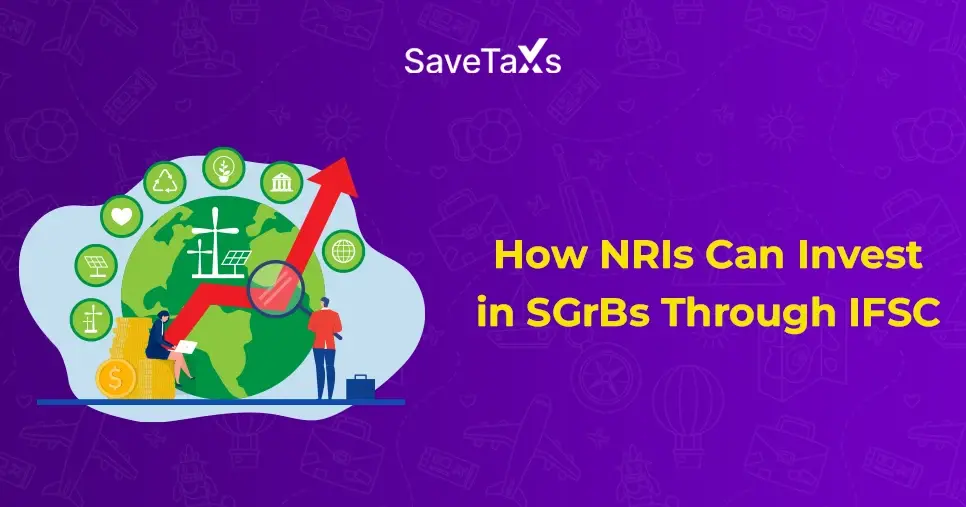
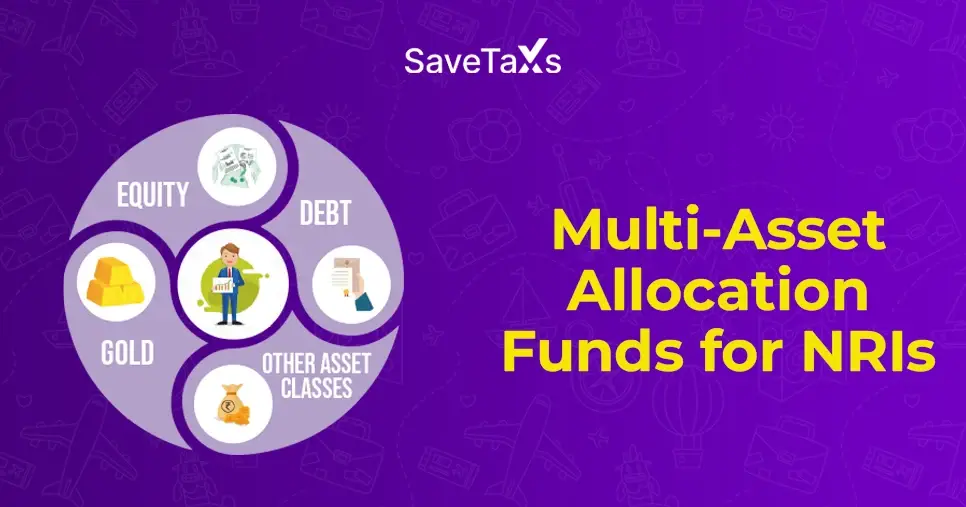
_1760618042.webp)
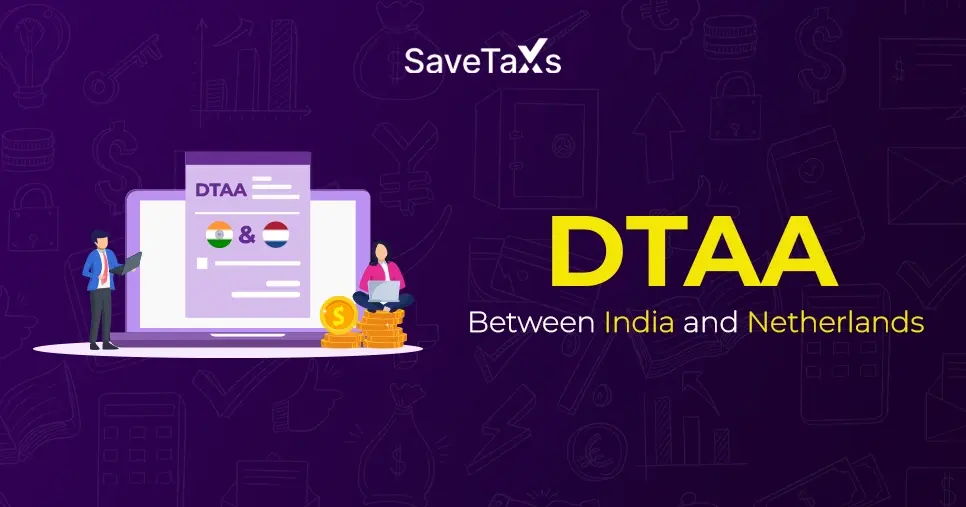
_1766059659.webp)

_1768307231.webp)
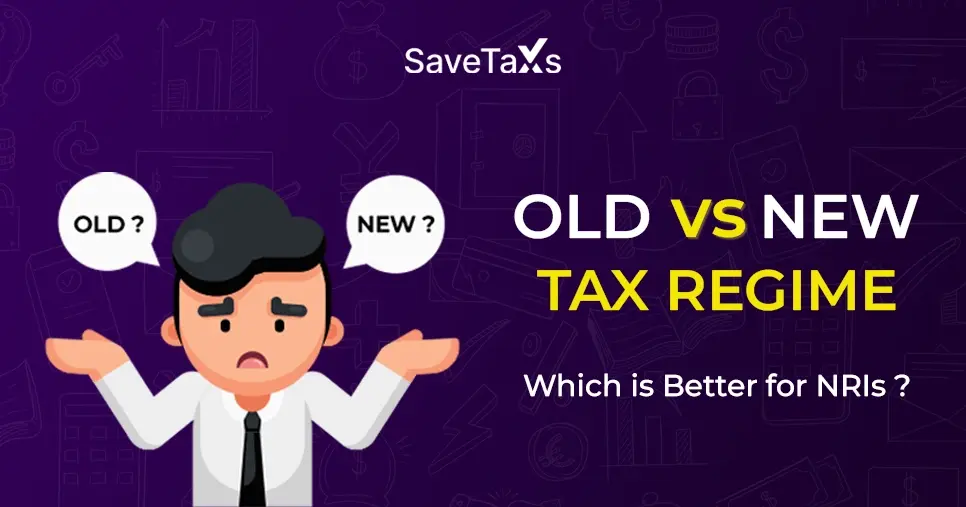

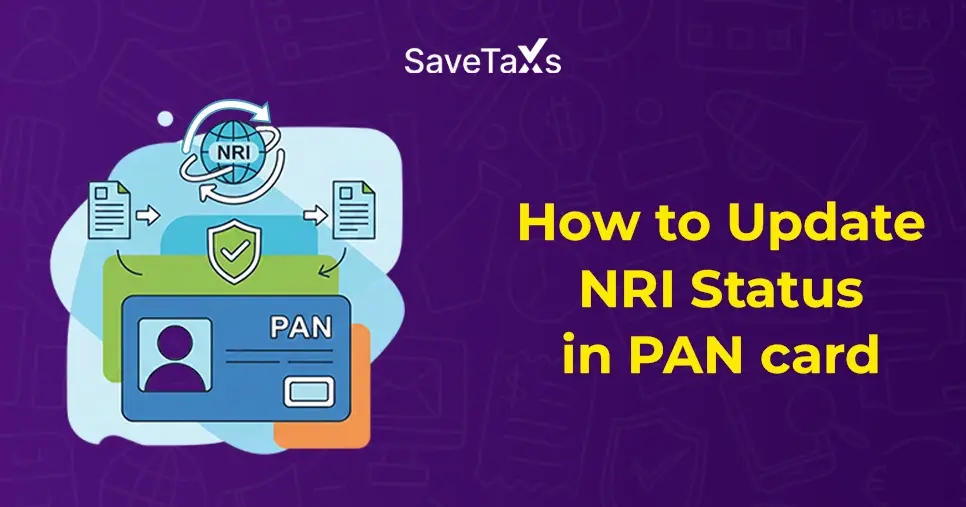
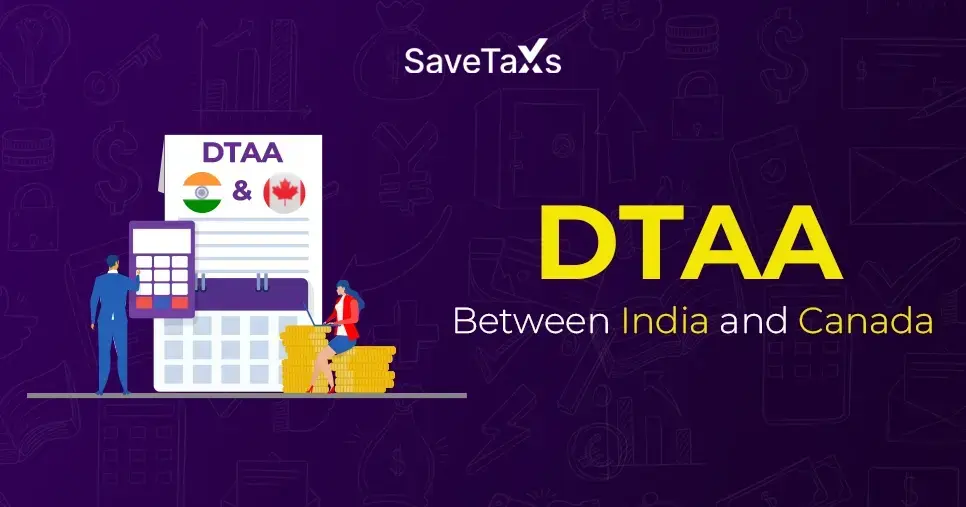
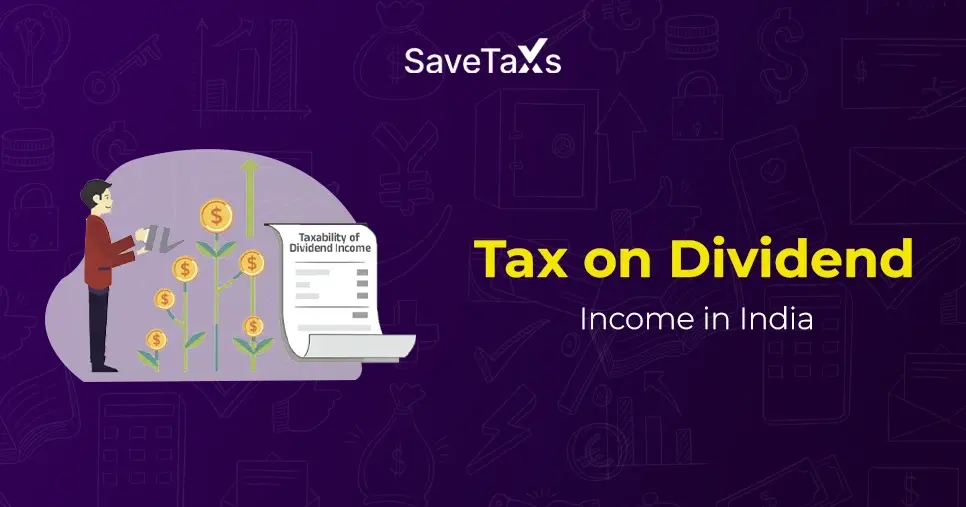
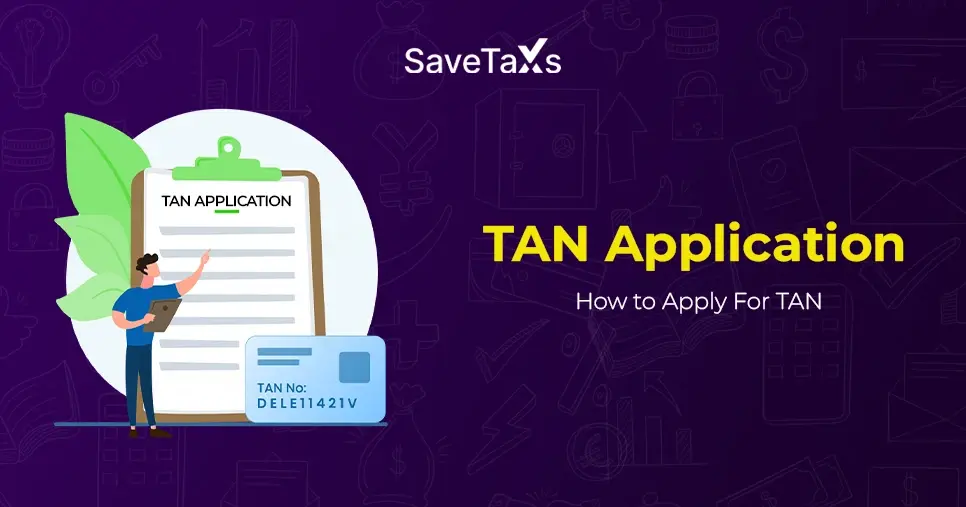


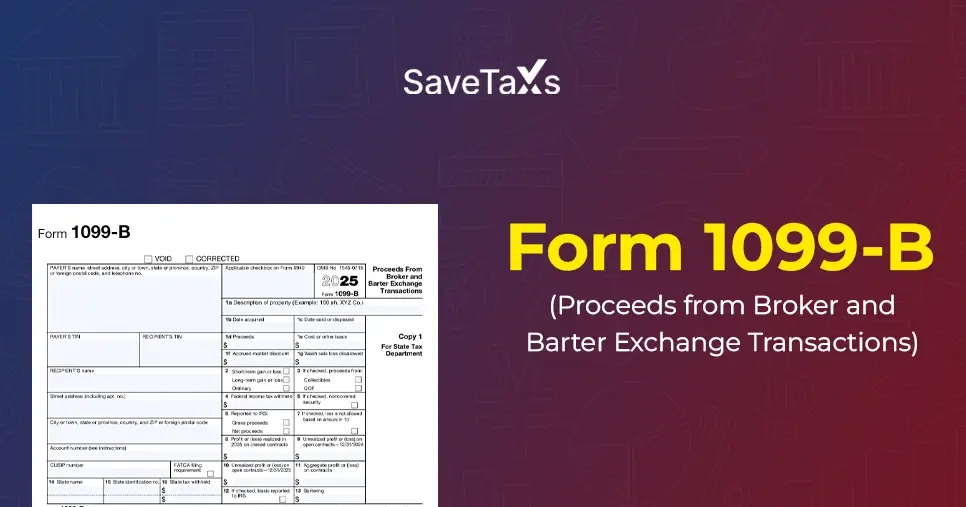
_1767942734.webp)
